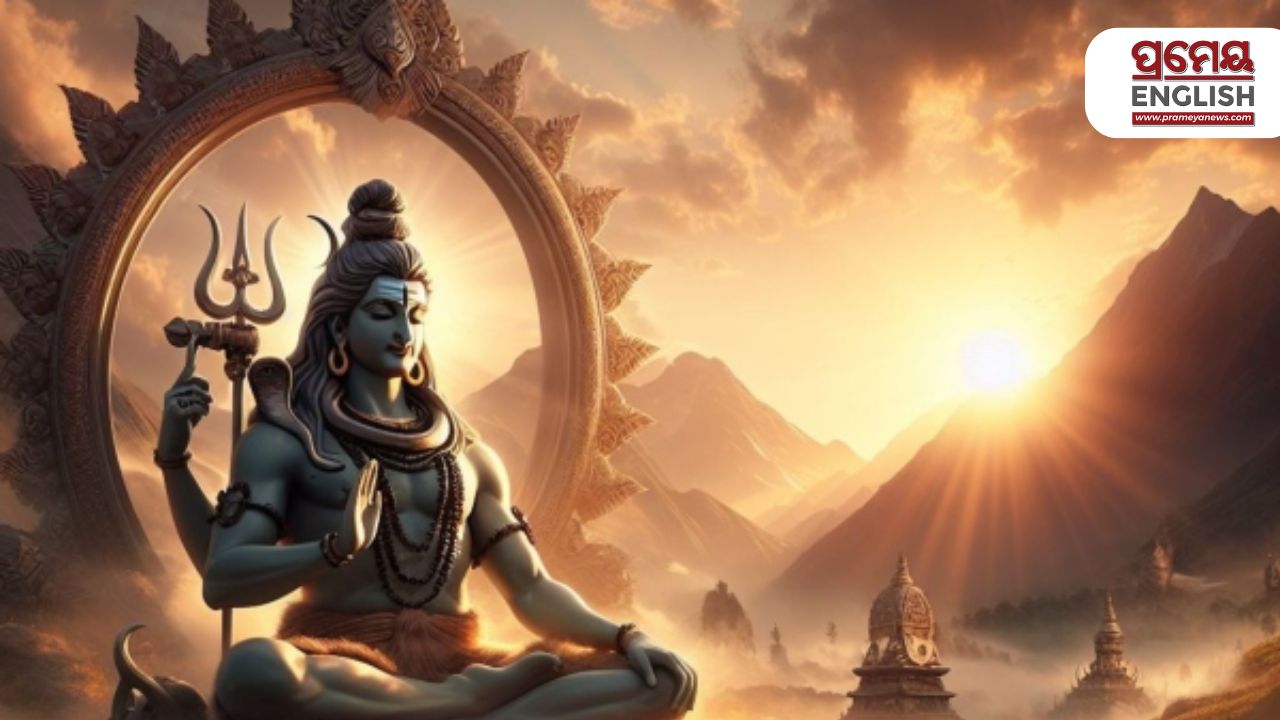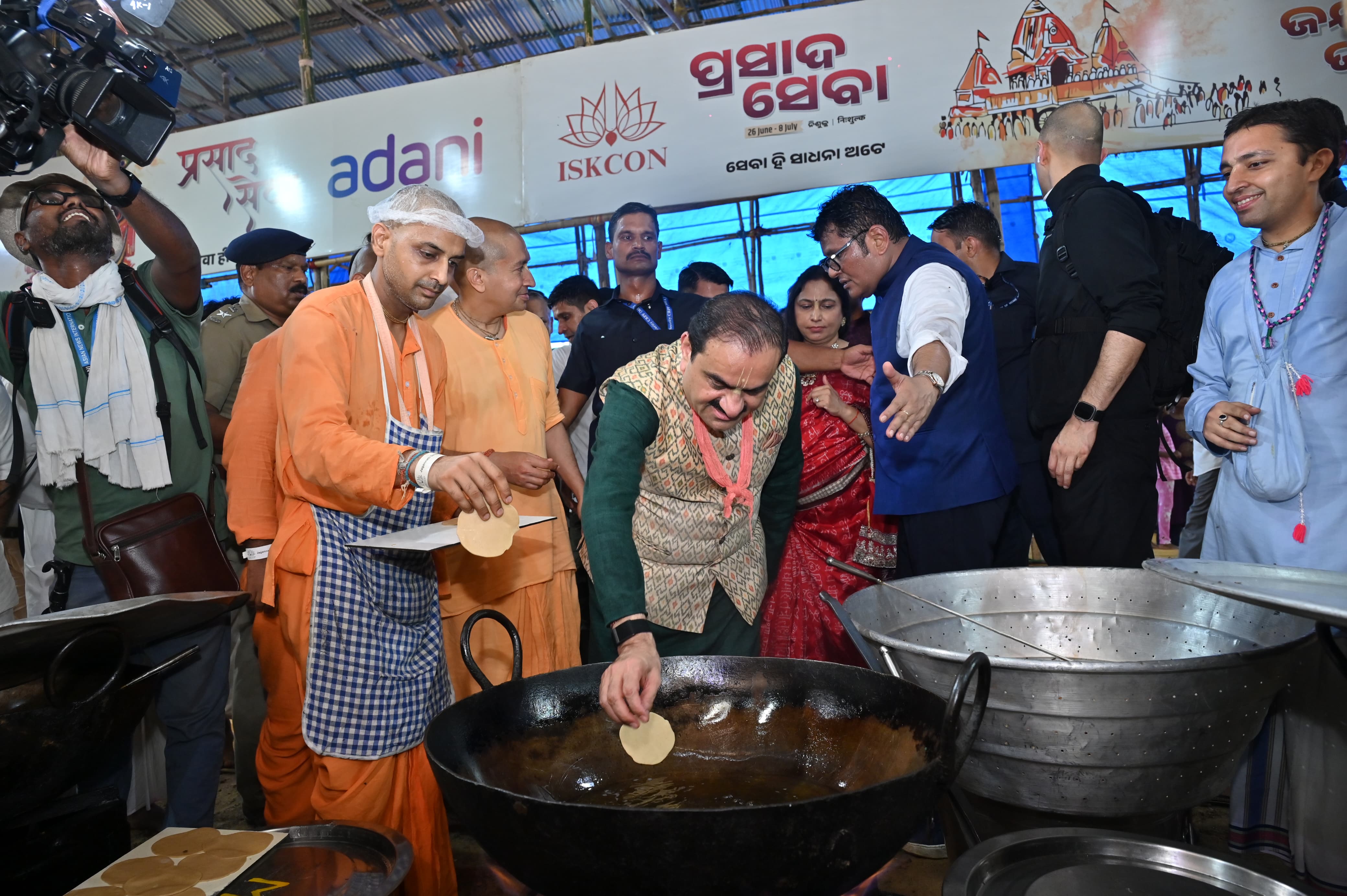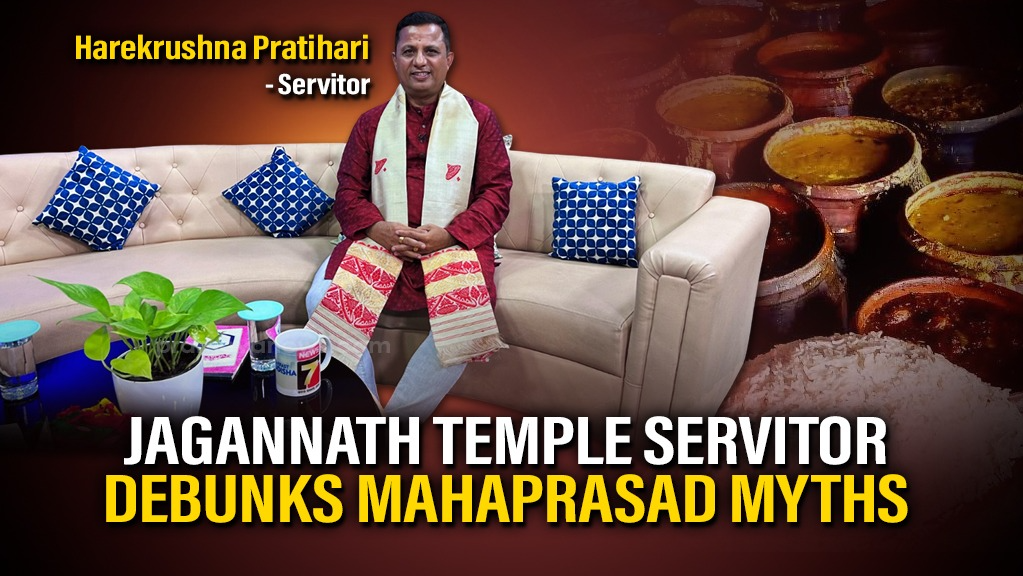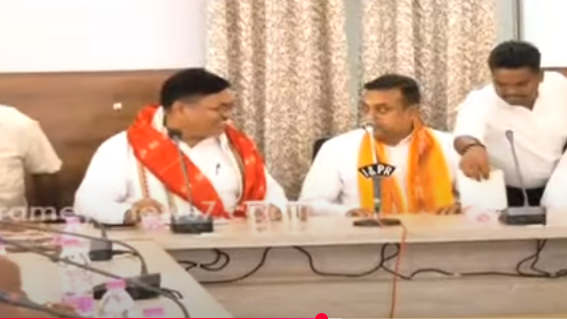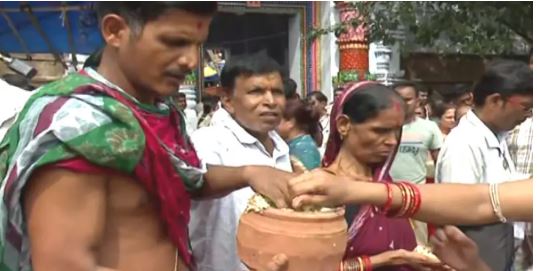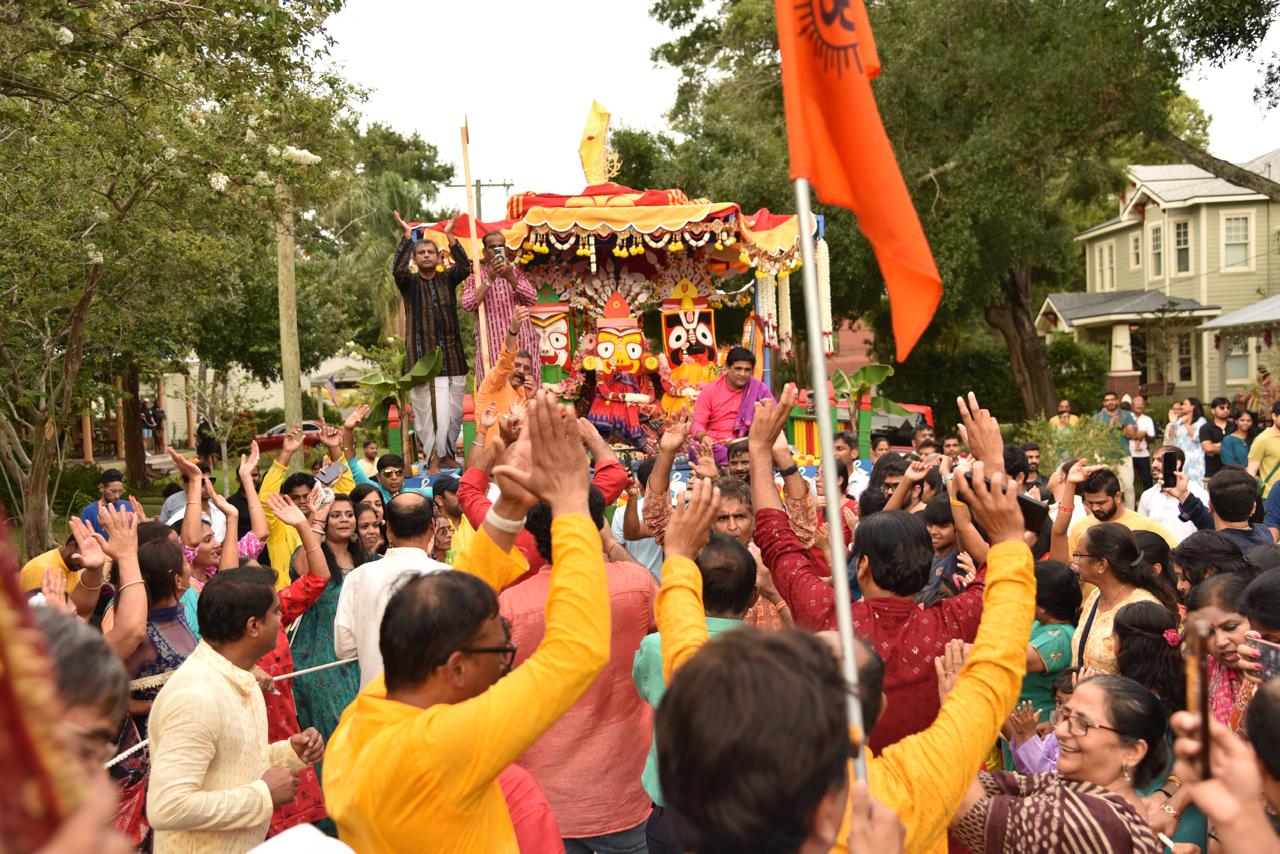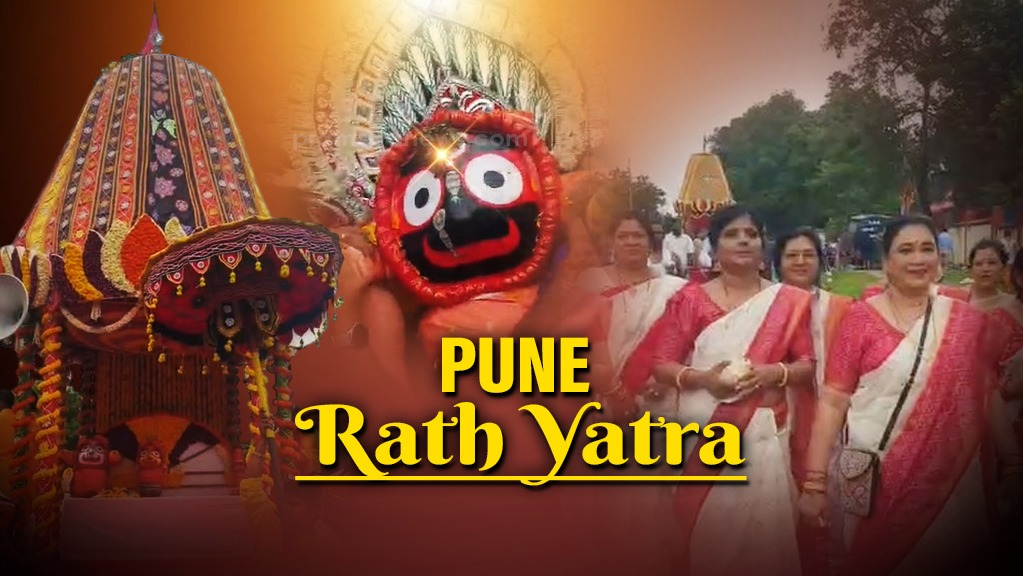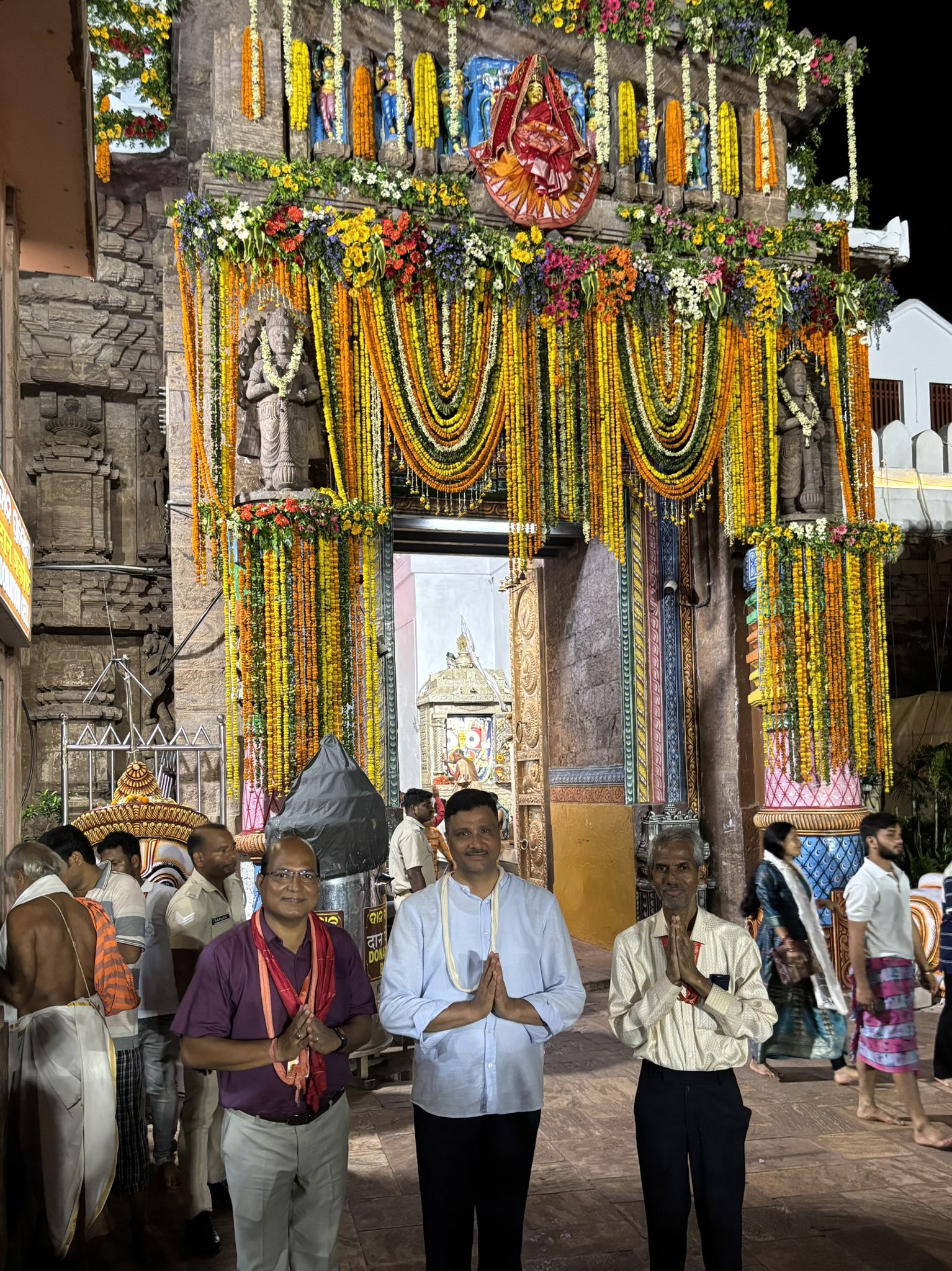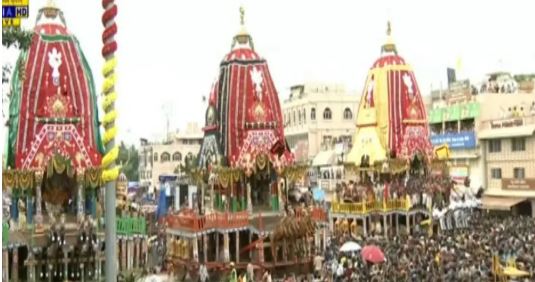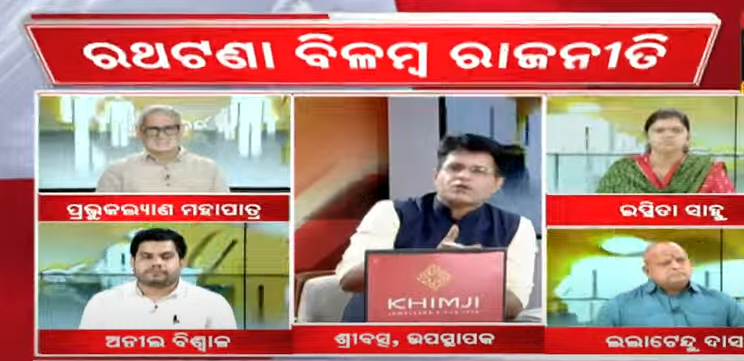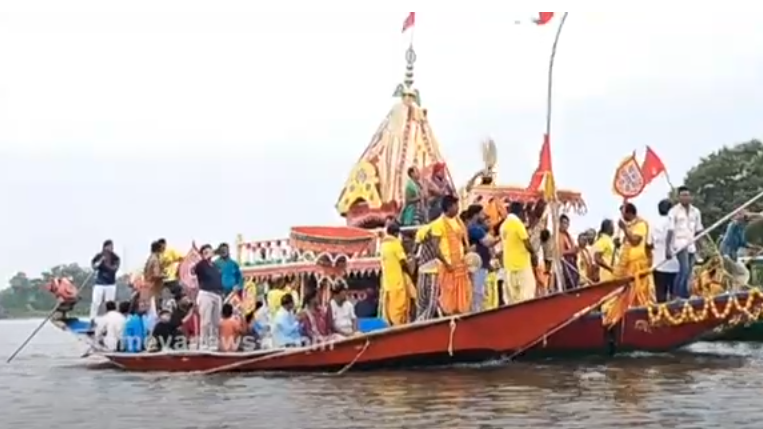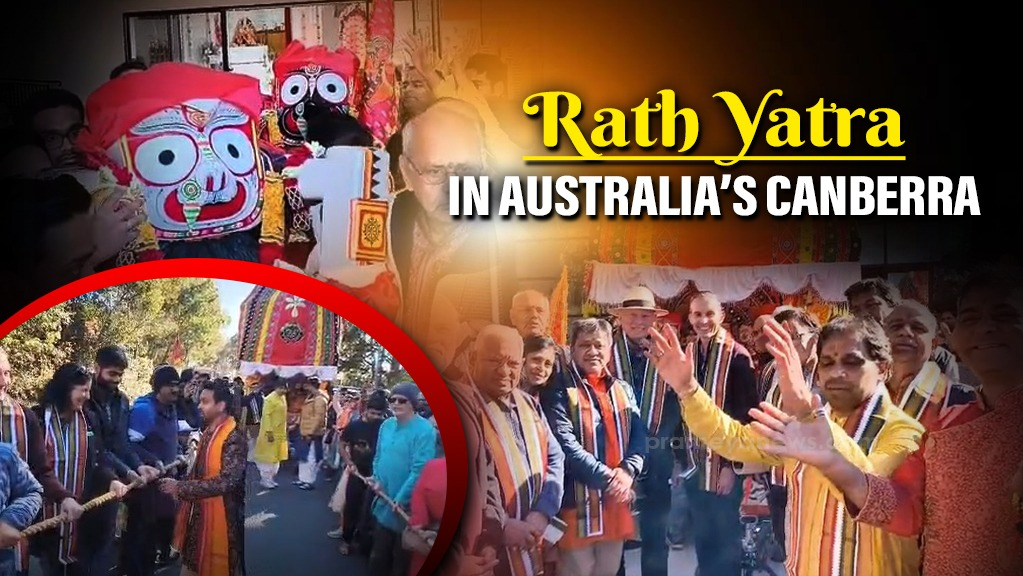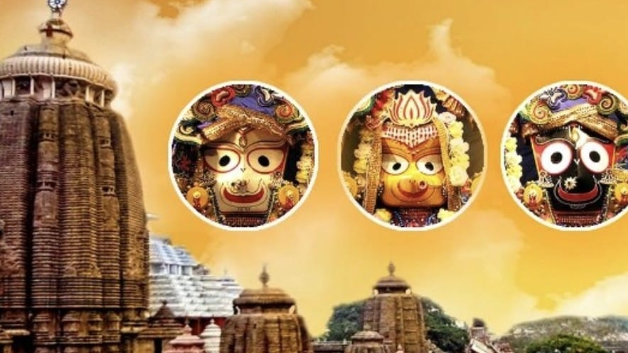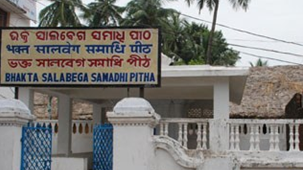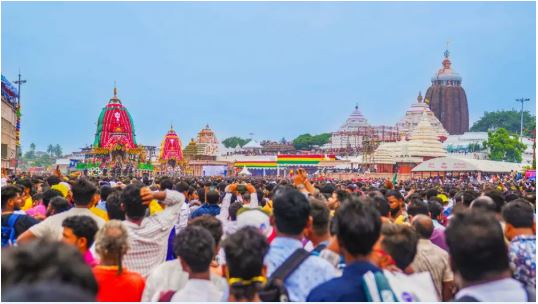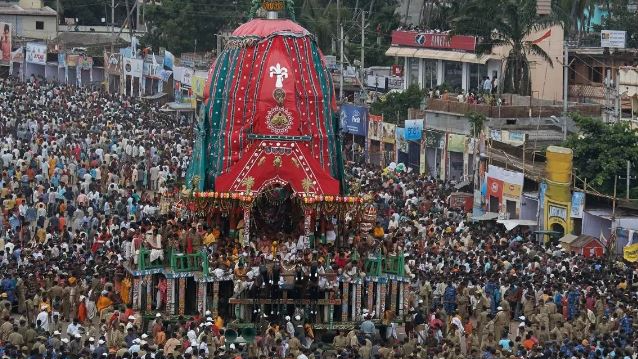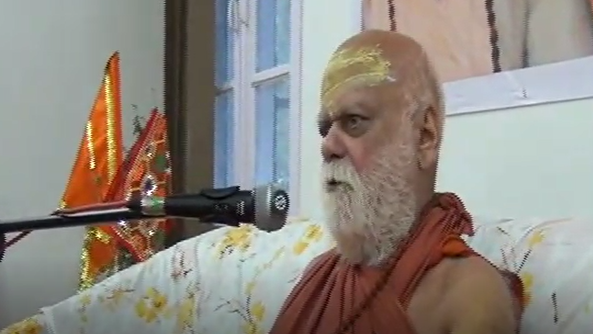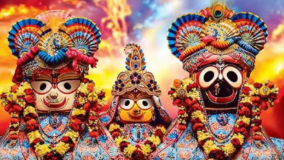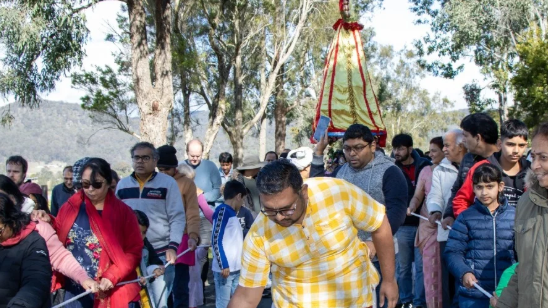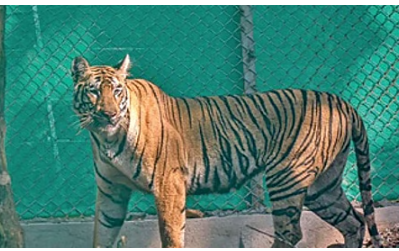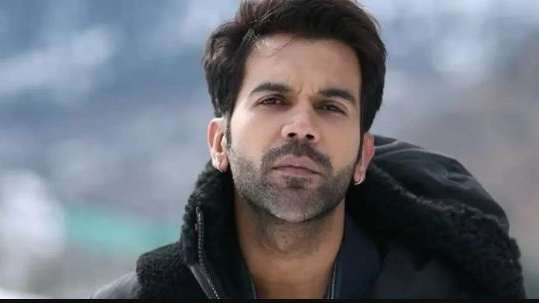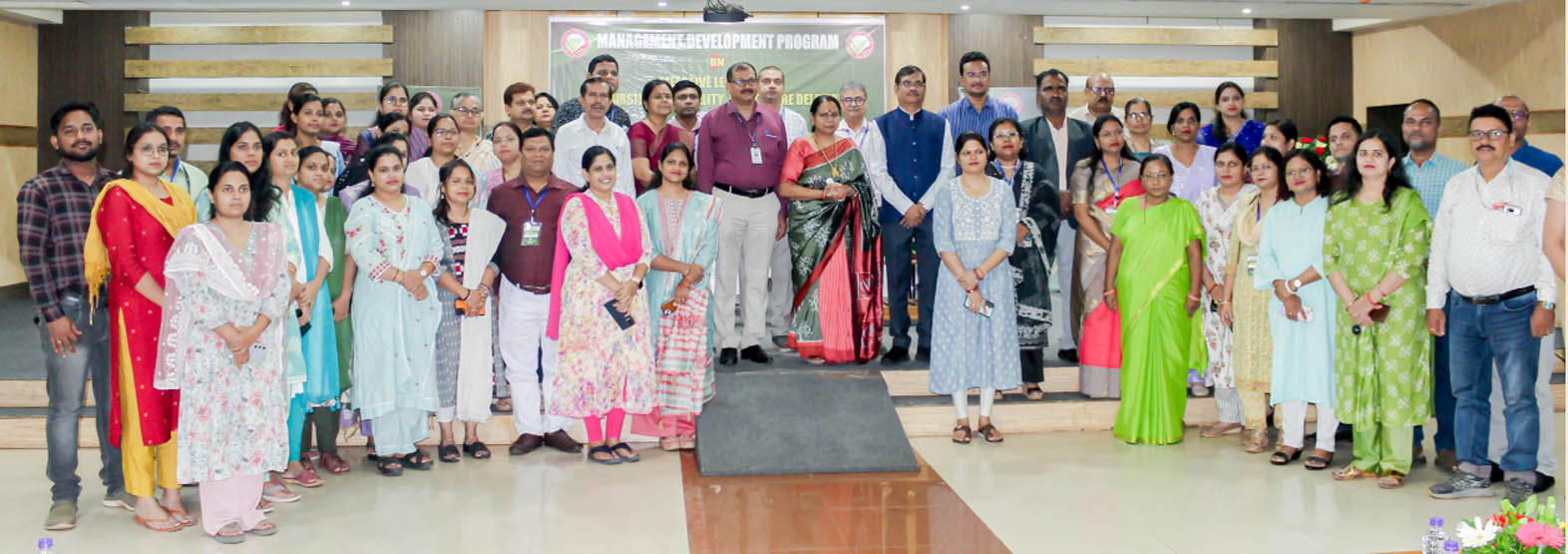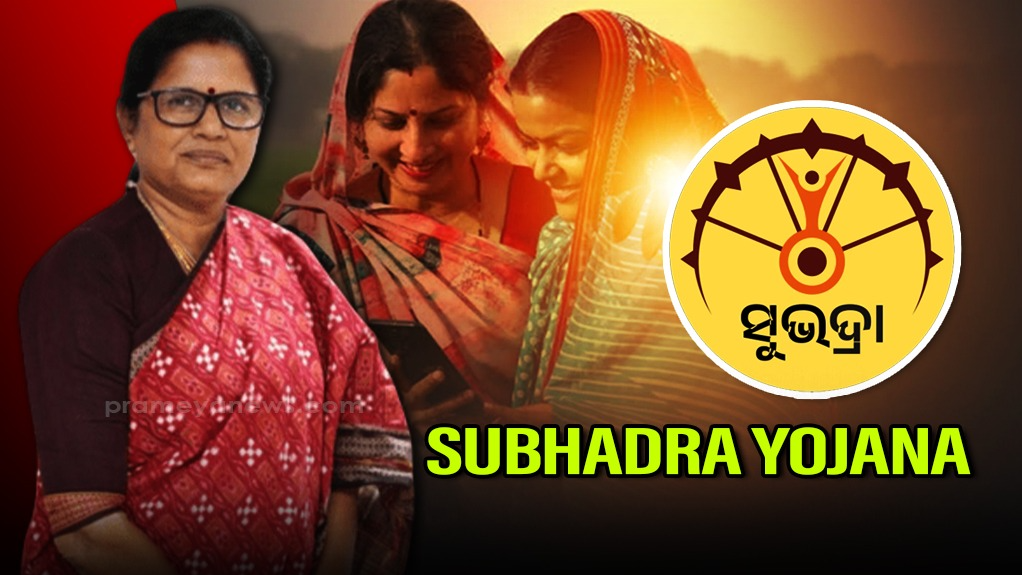As the much-anticipated Maha Shivratri approaches, devotees of Lord Shiva eagerly prepare for a night of profound devotion and fasting. This significant Hindu festival is embraced with immense zeal and fervor throughout the country, albeit with slight variations in customs and traditions. On this sacred occasion, adherents embark on a day-long fast, engaging in meditation, temple visits, recitations of mantras and prayers, and the performance of rituals dedicated to the worship of Lord Shiva.
Maha Shivratri serves as a time for purification of the body, mind, and soul, heralding the commencement of new beginnings. The observance of a day-long fast during Maha Shivratri holds profound spiritual significance, akin to year-round worship of Lord Shiva, and is believed to facilitate the attainment of salvation and absolution from all sins. This sacred vow fosters progress on the path of inner peace and spirituality, while also assisting in the realization of worldly aspirations.
In essence, Maha Shivratri stands as a poignant celebration of devotion and spiritual renewal, guiding devotees towards a state of profound connection with Lord Shiva and the pursuit of higher spiritual truths.
Maha Shivratri 2024 date:
Maha Shivratri, the paramount among the monthly Shivratris, holds immense significance in Hindu tradition. It occurs on the fourteenth day of the waning lunar phase of the months of Phalguna or Magha, just before the new moon. In the year 2024, Maha Shivratri will be observed on Friday, March 8th.
History:
The history of Maha Shivratri is rich with legends that add depth to its sacred observance. One tale recounts the divine union of Lord Shiva and Parvati, while another narrates how Shiva saved the world by consuming the Halahala poison produced during the churning of the ocean (Samudra Manthan), earning him the epithet Neelkantha. Yet, the most renowned legend revolves around Parvati's intense penance to win Shiva's affection, culminating in their celestial marriage, celebrated as Maha Shivratri.
Significance:
The significance of Maha Shivratri extends beyond popular understanding. Fasting during this auspicious occasion aids in overcoming ignorance and attaining self-realization. Through introspection, individuals can liberate their souls from the cycle of birth and death, absolving past sins and negative karma. Maha Shivratri thus offers an opportunity for spiritual renewal and evolution.
Celebrations of Maha Shivratri resonate throughout the country, with devotees chanting "Om Namah Shivaya" and immersing themselves in devotion and spirituality. From vibrant melas to solemn jagratas, Hindus across regions observe the festival with unique customs and unwavering dedication. All-night prayers and jagrans are common, and believed to dispel darkness and ignorance. Devotees fast from sunrise to sunset, offering belpatra, dhatura, milk, fruits, and sweets to Lord Shiva.
Maha Shivratri is mentioned in ancient texts such as the Skanda Purana, Linga Purana, and Padma Purana. Various regions observe the festival in their distinctive ways, from Jagara in Odisha to Maha Shivratri mela in Gujarat and Shobha Yatras in Punjab. Unmarried girls in Odisha and West Bengal fast to secure a suitable husband and marital bliss.
In essence, Maha Shivratri transcends mere celebration, serving as a profound occasion for spiritual elevation, devotion, and cultural unity among Hindus across the nation.







